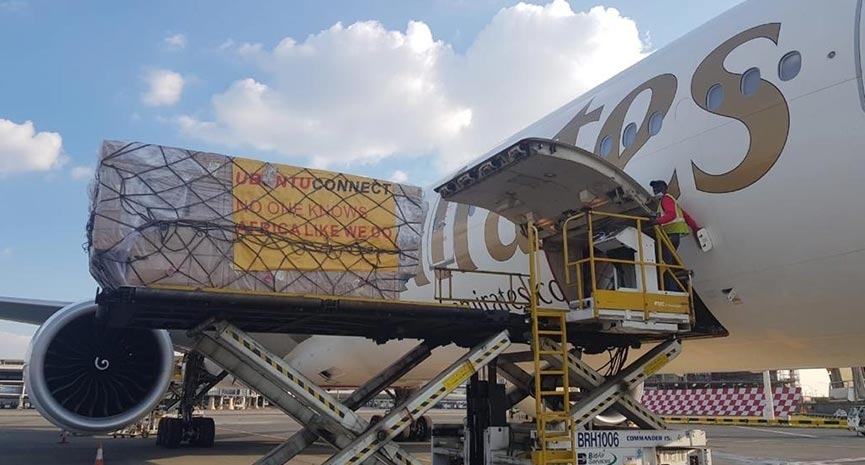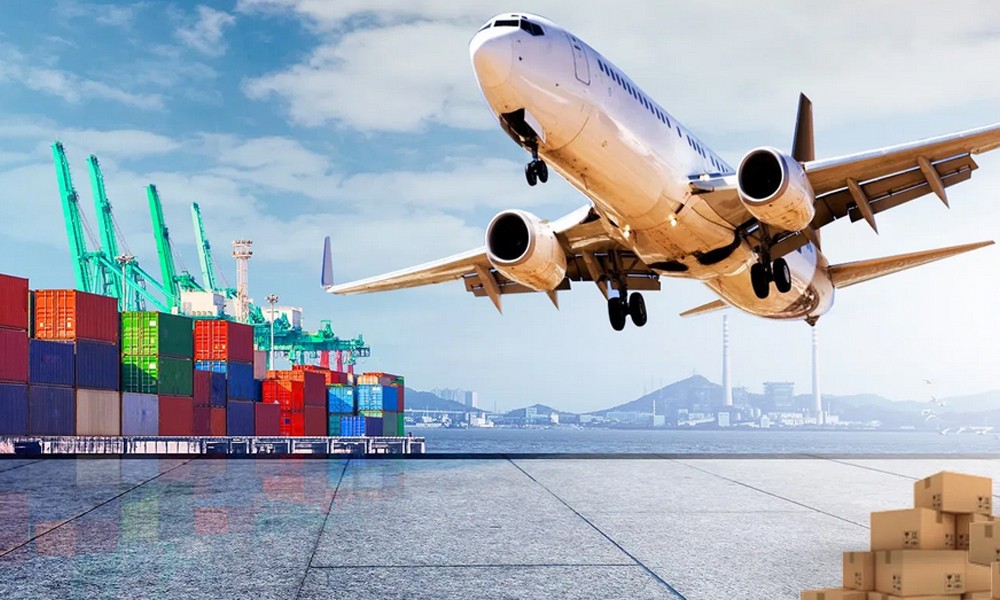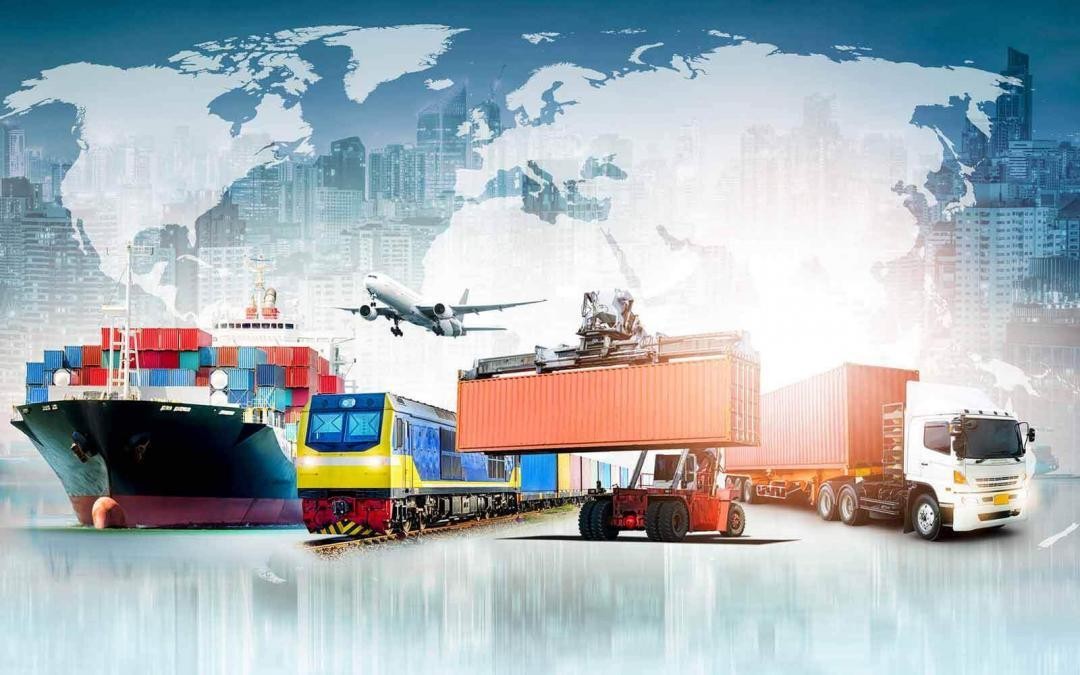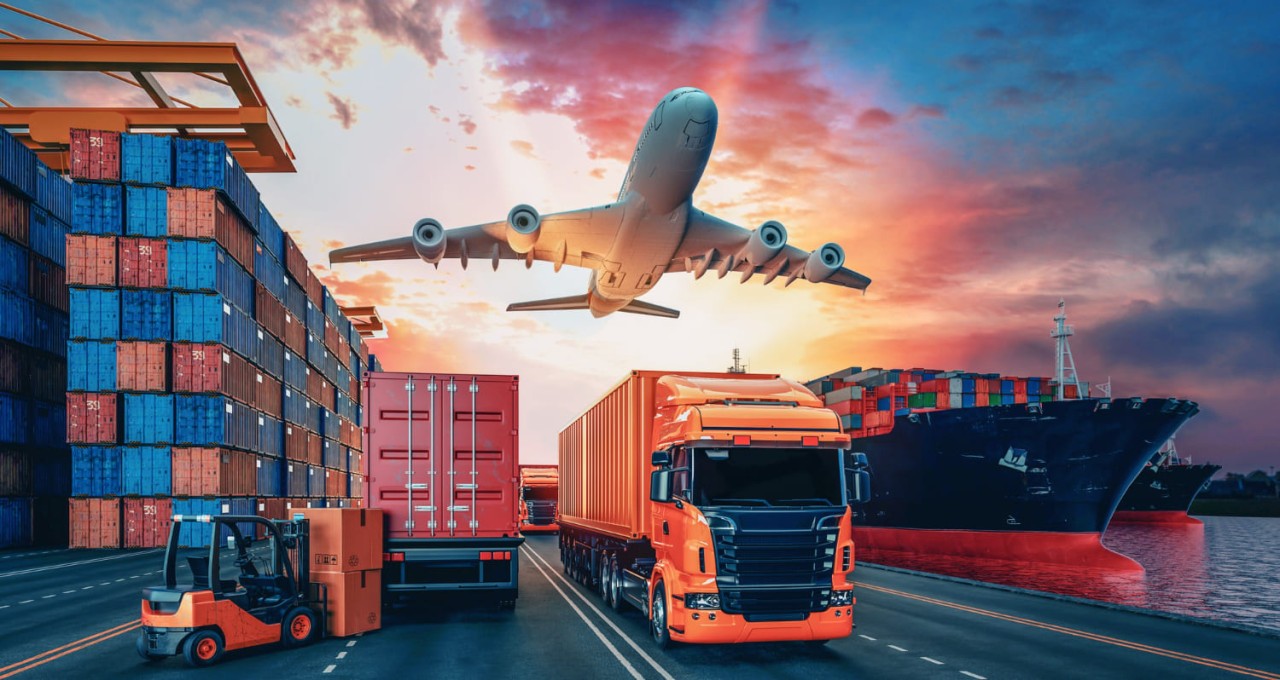The logistics industry in Ghana operates under a framework of regulations designed to ensure efficiency, safety, and compliance with international standards. These regulations are enforced by various government agencies and bodies, each responsible for overseeing different aspects of the industry, from transportation and customs to environmental standards and safety. Here is an overview of the key regulatory aspects in Ghana’s logistics industry:
1. Transportation Regulations
- Ministry of Transport (MoT): The Ministry of Transport is the primary regulatory body overseeing the transport sector, which includes road, rail, air, and maritime transport. The MoT sets policies, standards, and guidelines to ensure the safe and efficient movement of goods across Ghana.
- Driver and Vehicle Licensing Authority (DVLA): The DVLA regulates the licensing of vehicles and drivers, ensuring that vehicles used in logistics meet safety standards and that drivers are qualified to operate them. The authority also conducts regular inspections to enforce compliance with road safety regulations.
- Ghana Civil Aviation Authority (GCAA): The GCAA regulates air transport, including air cargo services. It ensures that air freight operators comply with safety and security standards set by international aviation bodies like the International Civil Aviation Organization (ICAO).
2. Customs and Trade Regulations
- Ghana Revenue Authority (GRA) – Customs Division: The Customs Division of the GRA is responsible for the administration of customs laws and the facilitation of trade. It regulates the import and export of goods, ensuring that all customs duties, taxes, and fees are appropriately collected. The Customs Division also enforces rules related to the classification, valuation, and clearance of goods at ports and borders.
- Ghana Shippers’ Authority (GSA): The GSA plays a regulatory role by protecting the interests of shippers and ensuring that shipping practices align with international trade regulations. The GSA provides guidance on freight charges, shipping documentation, and dispute resolution.
3. Port and Maritime Regulations
- Ghana Ports and Harbours Authority (GPHA): The GPHA regulates port operations, including the handling, storage, and movement of cargo within Ghana’s ports. The GPHA also oversees the licensing of port operators and ensures that port facilities comply with safety and environmental standards.
- Maritime Laws: Ghana’s maritime regulations are governed by various laws, including the Ghana Shipping Act, which sets out the rules for shipping operations, maritime safety, and pollution control. The Ghana Maritime Authority (GMA) enforces these laws and ensures compliance with international maritime conventions.
4. Environmental and Safety Regulations
- Environmental Protection Agency (EPA): The EPA regulates the environmental impact of logistics operations, particularly in relation to the transportation of hazardous materials and waste management. The agency ensures that logistics companies adhere to environmental laws and implement sustainable practices to minimize pollution and environmental degradation.
- National Road Safety Authority (NRSA): The NRSA is responsible for road safety regulations, focusing on reducing accidents involving freight vehicles. The authority sets standards for vehicle maintenance, driver behavior, and the safe transportation of goods on Ghana’s roads.
5. Standards and Quality Control
- Ghana Standards Authority (GSA): The GSA is responsible for setting and enforcing standards related to the quality and safety of goods in transit. The authority ensures that products, including those imported or exported, meet the required standards to protect consumer safety and facilitate trade.
- Food and Drugs Authority (FDA): The FDA regulates the transportation of food, pharmaceuticals, and other regulated products. It ensures that these products are stored and transported under conditions that preserve their quality and safety.
6. Labor and Employment Regulations
- Labour Act: The Labour Act governs employment practices within the logistics industry, including the rights and responsibilities of employers and employees. It covers issues such as working conditions, wages, and occupational health and safety.
- National Labour Commission (NLC): The NLC oversees the resolution of labor disputes in the logistics sector, ensuring that workers’ rights are protected and that employers comply with labor laws.
7. Data and Technology Regulations
- Data Protection Act: With the increasing use of technology in logistics, data protection has become a key regulatory area. The Data Protection Act governs the collection, storage, and use of personal data by logistics companies, ensuring that customer information is handled securely and in compliance with the law.
- National Information Technology Agency (NITA): NITA regulates the use of information and communication technology (ICT) in logistics operations, promoting the adoption of digital solutions while ensuring that these technologies are used in a secure and compliant manner.
8. International Trade and Compliance
- African Continental Free Trade Area (AfCFTA): As Ghana is a signatory to the AfCFTA, logistics companies must comply with trade regulations and standards that facilitate the movement of goods across African borders. This includes adherence to rules of origin, customs procedures, and tariff reductions aimed at promoting intra-African trade.
- World Trade Organization (WTO) Agreements: Ghana’s logistics industry is also influenced by international trade agreements, such as those under the WTO, which set out rules for customs procedures, trade facilitation, and the reduction of trade barriers.
In summary, Ghana’s logistics industry is governed by a comprehensive regulatory framework that ensures the safety, efficiency, and compliance of logistics operations. These regulations are essential for maintaining high standards within the industry, protecting the interests of all stakeholders, and fostering Ghana’s role as a key logistics hub in West Africa.



